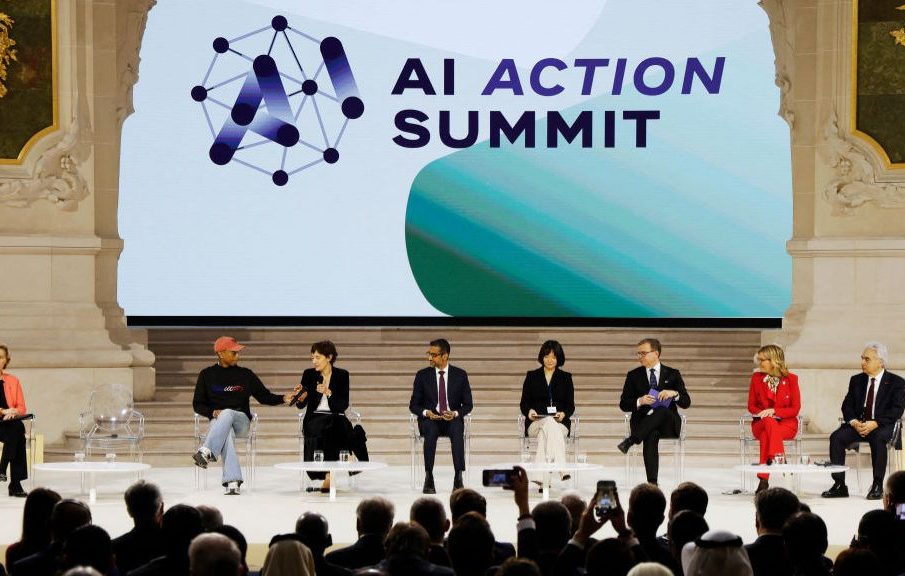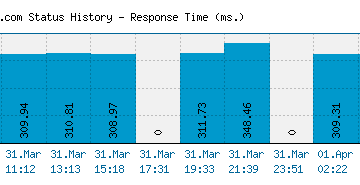The Importance of the International AI Declaration

Introduction: A Call for Global Cooperation
The International AI Declaration, launched in 2023, marks a historic moment in the collaboration between nations to regulate the rapidly advancing field of artificial intelligence (AI). As countries race to develop and deploy AI technologies, the potential for ethical dilemmas and unintended consequences has prompted a coordinated global response. This declaration aims to address urgent concerns regarding the safety, fairness, and accountability of AI systems, highlighting the critical importance of collaboration among governments, industry leaders, and civil societies.
Main Body: Key Events and Principles
During a summit held in Geneva on September 15, 2023, representatives from over 50 countries gathered to outline the International AI Declaration, which builds upon earlier discussions held at both the G20 and the United Nations. The guiding principles of the declaration include:
- Transparency: AI systems should operate in a manner that is understandable to users and stakeholders.
- Accountability: Developers and organizations must take responsibility for the outcomes of their AI systems.
- Inclusivity: Striving for diversity, the development and deployment of AI should consider its impact on various demographics.
- Collaboration: Nations are encouraged to share knowledge, best practices, and resources to accelerate safe AI innovations.
Key players, including tech giants like Google, Microsoft, and IBM, have pledged their support, promising to incorporate these principles into their AI strategies. Regulatory bodies such as the European Commission have already begun drafting legislative frameworks aimed at enforcing the provisions outlined in the declaration.
The Path Forward: Significance and Impacts
The International AI Declaration is poised to reshape the landscape of AI development significantly. As nations begin to explore their own regulatory measures, the principles established by the declaration could serve as a foundational framework, promoting harmonised standards globally. Experts argue that such cooperation is essential not only to foster technological advancement but also to mitigate risks associated with AI, such as bias in decision-making and privacy concerns.
As the world increasingly relies on AI for day-to-day processes, the declaration signals a commitment to ethical considerations at the forefront of innovation. The hope is that with this agreement, nations can navigate the complexities of AI responsibly, ensuring that technology serves humanity rather than threatens it.
Conclusion: A Positive Step Towards Global AI Governance
In summary, the International AI Declaration represents a significant and necessary shift towards transparent and responsible AI development. The future of AI governance will depend on the successful implementation of these principles by individual nations and adherence to a collective vision. As technology continues to progress, the growing emphasis on collaboration and ethical responsibility is vital for ensuring that AI benefits society as a whole.








